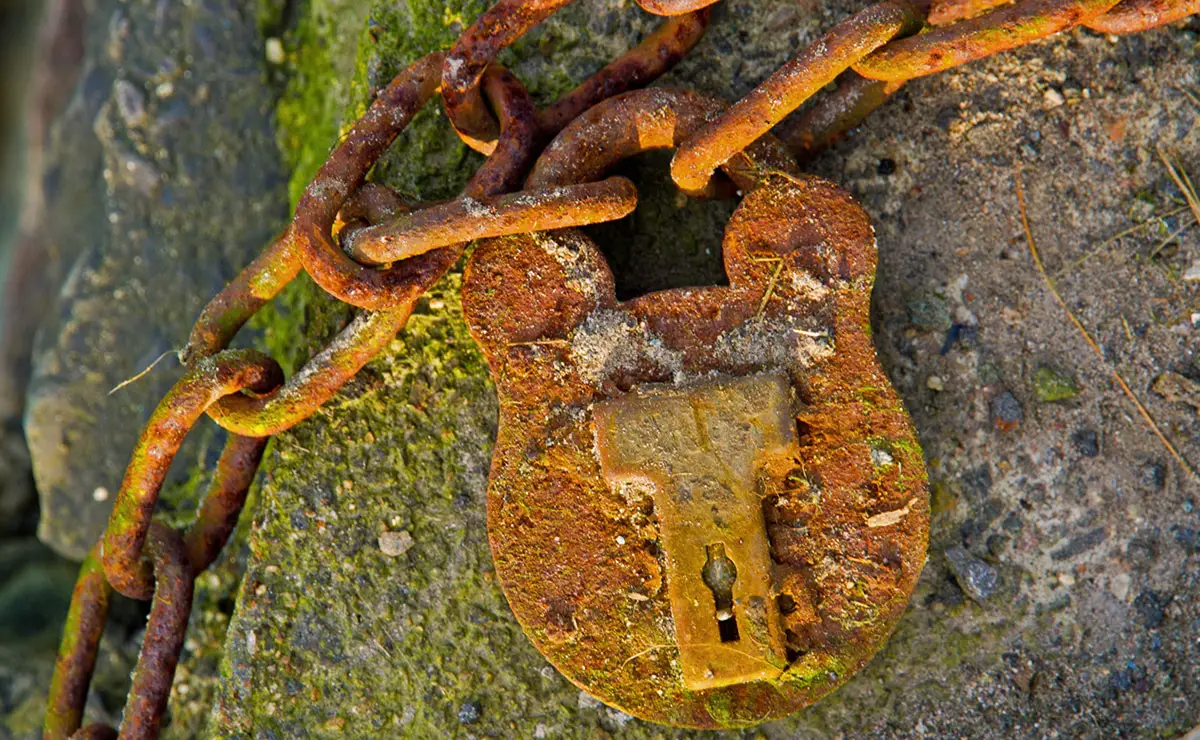Recently it was revealed that a few photography-related websites had been compromised, and account passwords were leaked to the ‘dark web’. This is really concerning, especially if you re-use your passwords across websites, or if you just make small changes to keep them -sort of- unique. The solution is to use a service that creates long, unbreakable passwords so that you don’t have to remember them in the first place. Read on to find out if you were affected by these hacks, and how you can ensure that you minimize any possible repercussions.
How Can You Make Your Passwords Unhackable?
A significant portion of your work and personal life is online and secured behind passwords. Unless your passwords are long, unreplicable, have numbers, uppercase, lowercase, and special characters (phew!) it’s likely that they can be cracked with relative ease.
Using the same password across multiple websites or services leaves you vulnerable if just one of them gets hacked. So each password that you use MUST be unique (and it will be complex enough that you can’t remember it).
While you can’t ensure that the services that you use don’t get hacked, you can do your best to stay safe.
So, how do you ensure that the password that you used on one website doesn’t compromise the security of your entire online life?
You use a strong, full-featured password manager.
TL;DR Your passwords need to be long and obscure to be safe. Here’s how you can keep hundreds of unique passwords safe using a password manager. It’s an easy and free process. Click here to skip to the bottom.
How Can You Secure Your Online Digital Life?
First, remember that no resource that is linked to the internet can claim to be unhackable. This is a reality that we have to learn to face.
Second, check whether any of the websites that you use have been hacked, and whether an account linked to your email ID has been compromised.
Simple Steps to Online Security
While there is little that you can do to prevent your account details from being compromised via a website hacking, there are a few simple steps to ensure that the keys to your digital life are as secure as possible.
- Use a unique password with 12+ characters, numbers, and symbols that don’t form words that would be found in any dictionary. Do this for every website you use.
- Enable some form of 2 Factor Authentication (2FA) on every account that matters to your livelihood and personal life.
- Keep backup codes to bypass your 2FA in the event of failure. But make sure that they’re secure and OFFLINE.
- Make sure you have a reputable antivirus installed on your
computer, and scan your computer for malware at regular intervals. - Disable your browser’s autofill feature. It isn’t secure.
The best password is the one that you can’t remember.
Saying from Internet Lore
How Can I Remember A Unique Password for Every Single Website?
For most people, this is an impossible task. That’s why you hand it over to software tools called Password Managers.
There are quite a few apps and websites that allow you to store passwords that you shouldn’t be able to remember.
Doesn’t storing them in one place make it easy to steal them all at once?
Technically, no. That’s because they’re securely encrypted.
Let’s take Lastpass.com as an example. LastPass uses a strong encryption algorithm to make sure that your passwords are encrypted on your local computer in a vault-like file, using a master password that you create, and that is never sent to lastpass itself.
Edit: We no longer recommend LastPass because of the number of repeated hacks and the extent of security breaches that have occurred.
This means that only you have the key to the secret vault, and if you forget it, you’ll be locked out.
Typical Features that You Should Expect in a top-tier Password Management Tool
- Secure Password Storage and Retrieval – This is the very basic feature of it all. Your password manager should be able to store an almost limitless number of passwords, and they should all be stored using strong encryption that even the company itself should not be able to breach.
- Browser Extensions – You definitely need this to be able to log on to websites with a single click no matter which browser you choose to use.
- Secure Password Generator – This allows you to generate a secure password that can not be cracked easily.
- Compromised Account Alerts – If your password or account has been compromised, you should know ASAP so that you can take steps to fix things.
- Secure Notes – Passwords aren’t the only things that you may need to keep secure. Sometimes you need to keep your 2FA recovery codes, or real-life account numbers, credit cards, etc. Secure notes allow you to keep this information encrypted, yet still accessible wherever you are.
- Cross-Platform usability – These days, you may use a website on your mobile phone browser, or you may use two different computers. You should be able to access your websites from any platform, and for that to happen, the password manager you use needs to be available on that platform.
- One Button Password Change – Not many services offer this feature, but it is a game-changer. If you can change your password with just a click, wouldn’t you update it more often? Changing your password often is one way to ensure that it is secure.
A Short List of the Most Secure Password Managers
This is probably a shorter list than you would like. But it’s probably better to stick to a service that has been time-tested, and that has features that work reliably. So here’s the list:
- Bitwarden – Bitwarden is what I currently use, after moving away from LastPass. It has support for multiple platforms – MacOS, Windows, Linux, Android, and iOS, and also all the web browsers that you can think of.
- Keeper – Keeper has been shown to possibly have the best security of the password managers. It allows you to even store files and documents securely.
- Dashlane – Dashlane has some interesting options. Includes VPN protection, and scans the dark web for compromised accounts
- 1 Password – This one works best just on the Mac platform, but they do have a cloud sync option that costs $36.
- LastPass –
LastPass has a very usable free option, but those who want more extensive password sharing, and more 2FA options can opt for their very affordable premium service. One feature that you will love is the easy to use ‘change password’ feature.We no longer recommend lastpass.
If you choose one from the list above, come back and tell us whether you like it or not. If you’re already using one, let readers know what you think of it in the comments below.
In Summary
A website that you use has probably been hacked, and your password has probably been compromised at least once in your life.
You must cope.
Do this by ensuring that:
- Your passwords are all unique
- Your passwords are stored securely, and
- You have Two Factor Authentication enabled for all the accounts that matter.
Save all the hundreds of passwords that you use, in a reputed Password Manager that is well secured.
Change passwords if a service you use is hacked. Rinse and repeat.
Pic Credit: Billy McKechie
Help Us To Continue Creating
Get our email newsletter to stay up-to-date with our latest posts. It’s easy to read and is mailed once in 2 weeks.
The easiest way to support Beyond Photo Tips is by using our affiliate links when you buy anything at all. It will never cost you anything extra, and we get a small commission from it, which helps us a LOT! We share our recommended equipment list here.
Some of the links to products on this website are affiliate links, and we only ever link out to gear that we recommend.
You could also show your appreciation by buying us a coffee. Finally, we appreciate you being a part of the community, so do say hi!


